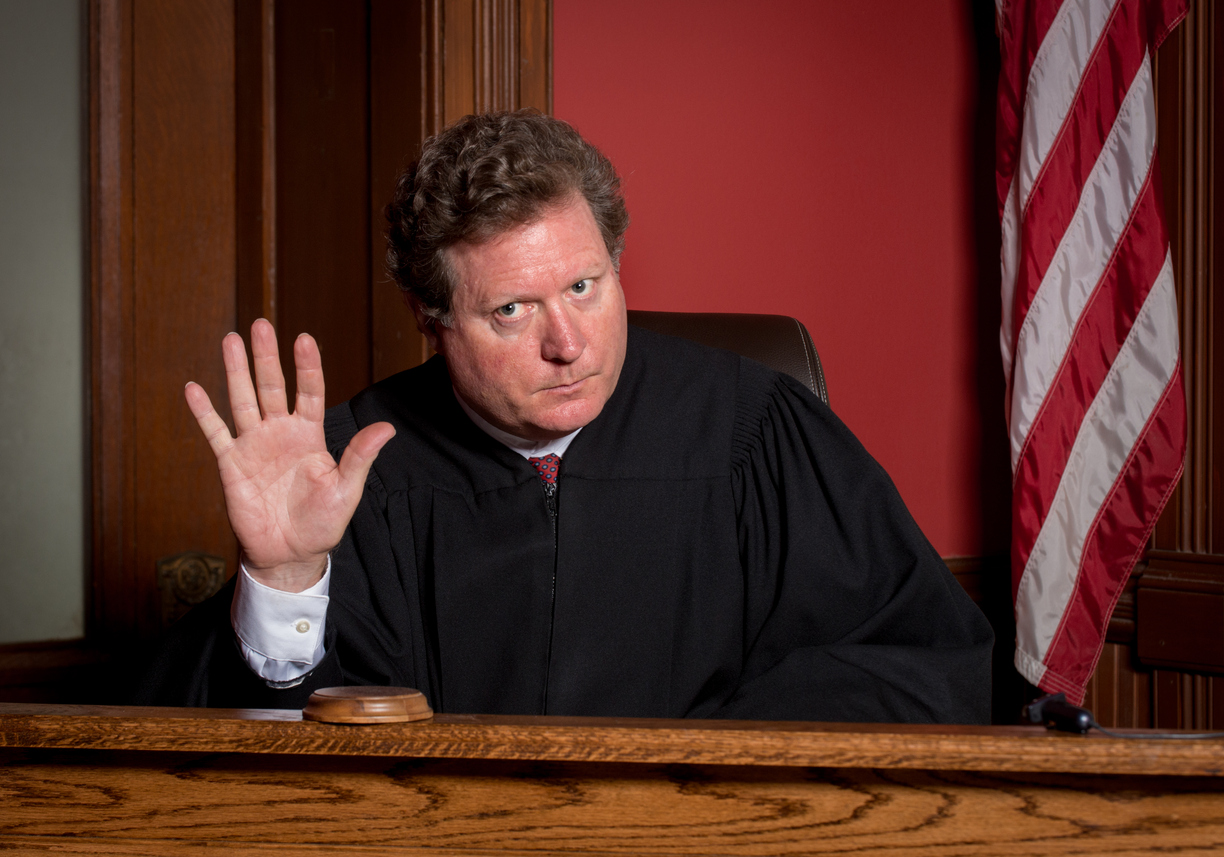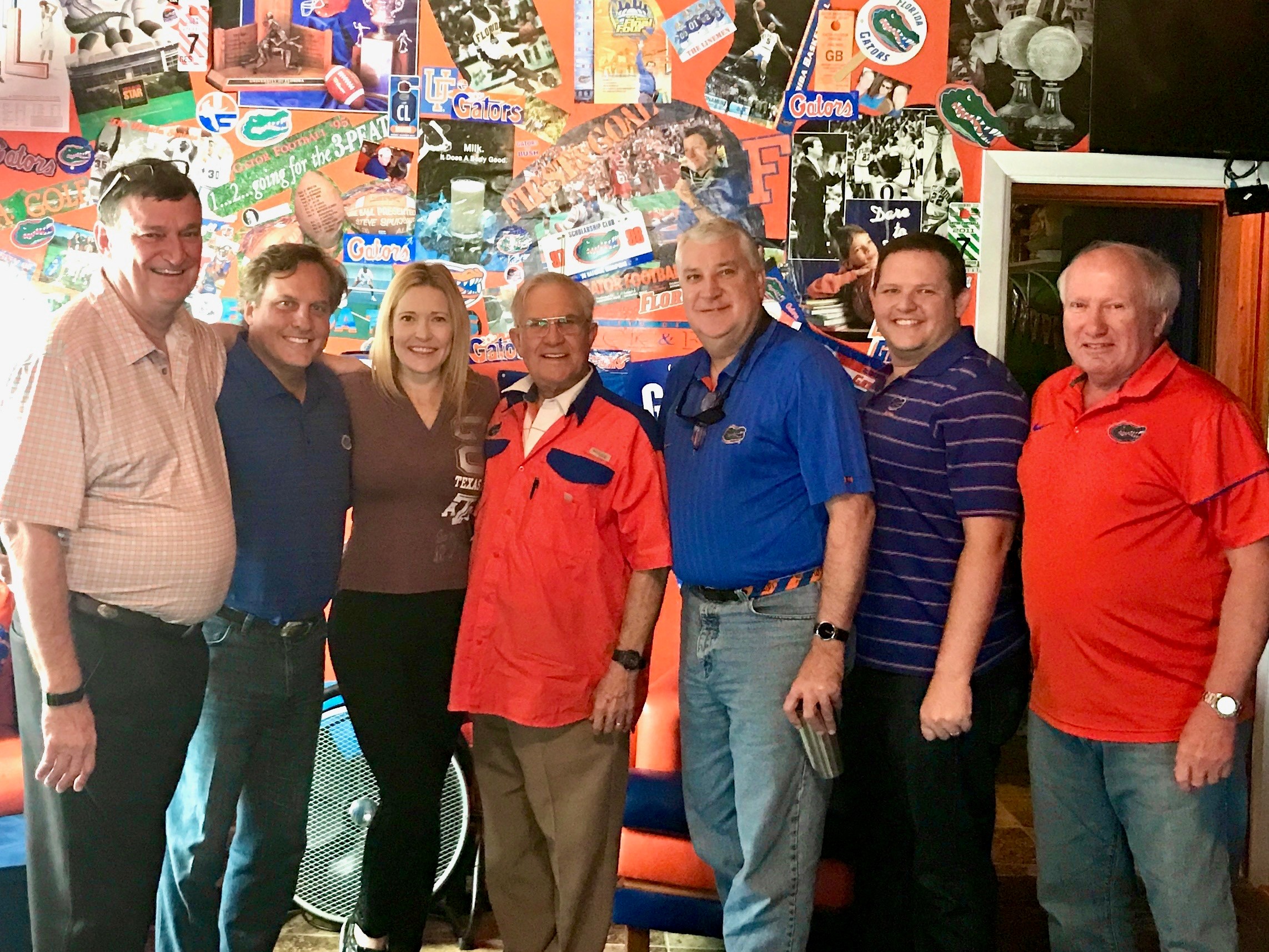A lawsuit was filed by three public adjusting firms seeking to enjoin the State of Florida from enforcing the 48 hour solicitation ban and the fee caps public adjusters may charge to policyholders. The mastermind behind the lawsuit is lawyer turned public adjuster, Pat Catania of East Coast Public Adjusters. The lawsuit is not a surprise. Many public adjusters have been complaining that their business has been significantly impacted by these laws as insurance restoration companies act as surrogate public adjusters since the 48 Hour Ban does not prohibit insurance contractors from actively soliciting work from policyholders immediately after a loss.
I have recently noted the concern that some insurance restoration contractors are acting as surrogate public adjusters and not in the best interests of the policyholder in my posts, Are Insurance Restoration Contractors Ripping Off Insurers and Policyholders? and Former Restoration Insider Comes Out Swinging Against Florida’s Limitation of Public Adjuster Solicitation.
The 48 hour solicitation ban was a coup of the insurance companies and Citizens Property Insurance Corporation. I attended the Citizen’s Claims Review Task Force meetings. It was obvious that Citizens claims managers and executives blamed many of their controversial claims delays and underpayments on the involvement of public insurance adjusters. The insurance industry used the Task Force as a vehicle to place before legislators a few examples of how public adjusters solicit for business following a disaster. Door hangers and the lining up of a dozen public insurance adjusters were suggested as being “unsavory’ by many. I guess the connotation is that those that get paid for professional help following a catastrophe must be taking advantage of victims. From the insurance industry’s perspective, it was a “perfect storm” to reduce the retention of pubic adjusters.
The 48 hour solicitation ban states:
A public adjuster may not directly or indirectly though any other person or entity initiate contact or engage in face-to-face or telephonic solicitation or enter into a contract with any insured or claimant under an insurance policy until at least 48 hours after the occurrence of an event that may be the subject of a claim under the insurance policy unless contact is initiated by the insured or claimant.
The lawsuit emphasizes the constitutional aspect of one’s freedom to speak and to contract.
8. By prohibiting the Plaintiffs from directly or indirectly initiating contact or engaging in face-to-face or telephonic solicitation with any insured or claimant, or entering into a contract with an insured or claimant in the first 48 hours after an event that has not been declared an emergency, subsection 626.854(6) constitutes a prior restraint on protected speech in violation of the First Amendment to the United States Constitutions and Article 1, Section 4 of the Florida Constitution.
It also points out some of the practical reasons why the laws are objectionable:
39. Subsection 626.854(6) is not narrowly tailored to further a significant government interest, and other less intrusive means are available to control or prevent any practices of public adjusters which might be needed to adequately protect the public
40. Subsection 626.854(6) is overbroad, in that it restricts the speech of all public adjusters, including Plaintiffs, who are competent, scrupulous, honest, and professional in their dealings with the public
41. Subsection 626.854(6) denies significant business opportunities for Plaintiffs and other public adjusters by denying property owners the services of a licensed public adjuster at the time they are in most distress and have the greatest need.
42. By preventing public adjusters from contacting property owners immediately following a natural disaster, subsection 626.854(6) prevents public adjusters from having any contact with the most severely damaged property owners at the only time they can be located before moving to an unknown address.
43. Section 626.854(6) amounts to an impermissible restriction on the time, place, and manner of conducting the business of public adjusting, and unduly restricts Plaintiffs’ freedom of speech.
Pat Catania has done an excellent job assembling a great legal team and getting a case stated clearly. Using a Shakespearean phrase, he told me yesterday that “if they [the insurance industry] want a war, I’ll show them the war.” Pat is not a part of FAPIA or NAPIA. He is creative, bright, energetic, and I find him fun. I believe the lawsuit has a good chance of success. He asked me to let other public adjusters know that he would like to include others as plaintiffs in the lawsuit.
Catania is also a fantastic marketer and entrepreneur. He started two web sites, MySmartClaims.com and SmartClaimsPro.com which help policyholders and professionals regarding the estimating and submittal of property insurance claims. He is a passionate consumer advocate and tireless opponent. I predict he will prevail and many public adjusters will be thanking him for his efforts.
Catania also told me that his dream is to submit the final proof of loss State Farm will pay on before it leaves Florida. He considers State Farm completely unworthy to be in the insurance business because he asserts that most State Farm policyholders are not treated properly regarding claims. He has some inside information on that issue–his wife worked as a property insurance claims adjuster for State Farm.



